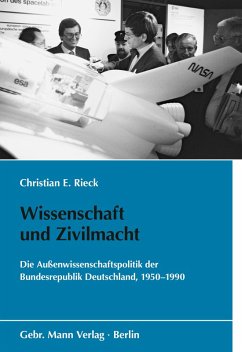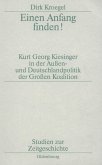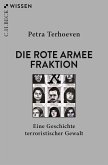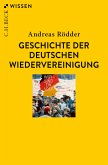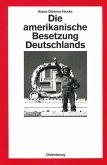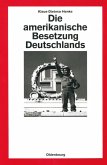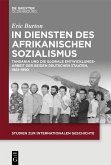Science diplomacy has become a pillar of the Federal Republic of Germany's foreign policy in its own right. The author traces this from the end of the war to reunification, using numerous research areas and the most important scientific partnerships around the world. The aims, actors and instruments of German foreign science policy are examined. It was in the service of reparations, ties to the West and world politics, and was intended to be a policy of détente, development and Europe. In the field of tension between economic export interests and scientific excellence requirements, the expectations of this policy field were always high - perhaps too high.
Dieser Download kann aus rechtlichen Gründen nur mit Rechnungsadresse in A, B, BG, CY, CZ, D, DK, EW, E, FIN, F, GR, HR, H, IRL, I, LT, L, LR, M, NL, PL, P, R, S, SLO, SK ausgeliefert werden.

